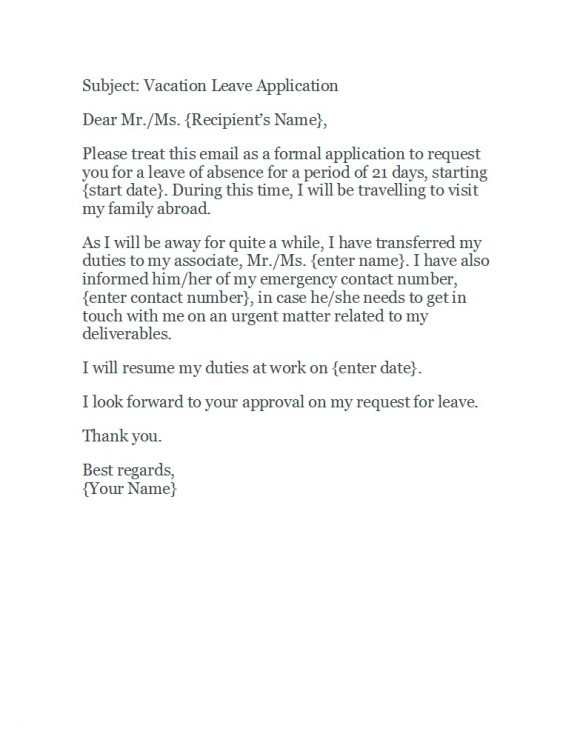

Is it the first time you’re asking for time off for dependants? If not, how often have you taken time off for dependants before and for how long?. To determine what is reasonable, think about the following: However, where a child is very ill, has an accident or is having a major operation, it may be reasonable for both parents to have reasonable time off. Normally only one parent would be expected to have the time off at once. For example, if you are part of a couple or the other parent is active in the care of your child, the time off that is reasonable in the circumstances would take into account the fact that there is another person to share the care. The time off needs to be necessary and reasonable in the circumstances. You can agree with your employer to make up lost time, but your employer should not require you to do so. There is no right to be paid for taking time off for dependants. The legal right to take time off covers events to do with your dependants, so for example, you could not use the right to have time off to deal with a burst pipe. Others who rely on you for help in an emergency may also qualify. In addition, for the purposes of time off to provide assistance if a dependant falls ill, or to arrange for the provision of care for a dependant who is ill, the definition of “dependant” includes those who reasonably rely on the employee for such assistance or arrangements. Who is a dependant?Ī “dependant” is defined as a spouse, civil partner, child or parent (but not grandparent) of the employee, or a person who lives in the same household as the employee. You are entitled to take time off for dependants from the first day of employment – there is no length of service requirement. Workers and the self-employed do not have the right. #Good reasons to take emergenyc vacation day full
The statutory right to take time off for dependants applies to all employees – whether permanent, temporary, full time or part time.

Your employer might offer another type of leave that is paid or that allows you to take a longer period off work than time off for dependents. You should explain your situation to your employer and request compassionate time off – check your contract, as some employers offer more generous leave policies.Įven if your situation is listed above, it is always a good idea to speak with your employer about the most appropriate type of leave for you. If your situation does not fall into one of the above categories, then you will not have a legal right to take time off for dependents.
To deal with an unexpected incident which occurs with your child during school hours (for example, if your child is suspended from school). To deal with the unexpected disruption, termination or breakdown in care of your dependent (for example, if your childminder fails to turn up). As a result of the death of your dependent (for example, because you need to make funeral arrangements). To make arrangements to provide care for a dependant who is ill or injured.  To provide assistance if your dependant falls ill, gives birth, is injured or assaulted. The law allows you to take time off in five types of situations. The right comes from the Employment Rights Act. Time off for Dependants gives employees the right to take a reasonable amount of unpaid time off work to take necessary action to deal with particular situations affecting their dependants. You should also check your employment contract or leave policy, as employers may give more generous emergency family leave than the statutory minimum. This article covers the details of the statutory right to take Time off for Dependants. This is called ‘Time off for Dependants’ or ‘Emergency Family Leave’ and is aimed at dealing with emergencies.
To provide assistance if your dependant falls ill, gives birth, is injured or assaulted. The law allows you to take time off in five types of situations. The right comes from the Employment Rights Act. Time off for Dependants gives employees the right to take a reasonable amount of unpaid time off work to take necessary action to deal with particular situations affecting their dependants. You should also check your employment contract or leave policy, as employers may give more generous emergency family leave than the statutory minimum. This article covers the details of the statutory right to take Time off for Dependants. This is called ‘Time off for Dependants’ or ‘Emergency Family Leave’ and is aimed at dealing with emergencies. 
If you are an employee, you have a statutory right to take a reasonable amount of unpaid time off work to take necessary action to deal with certain situations affecting your dependants.








 0 kommentar(er)
0 kommentar(er)
